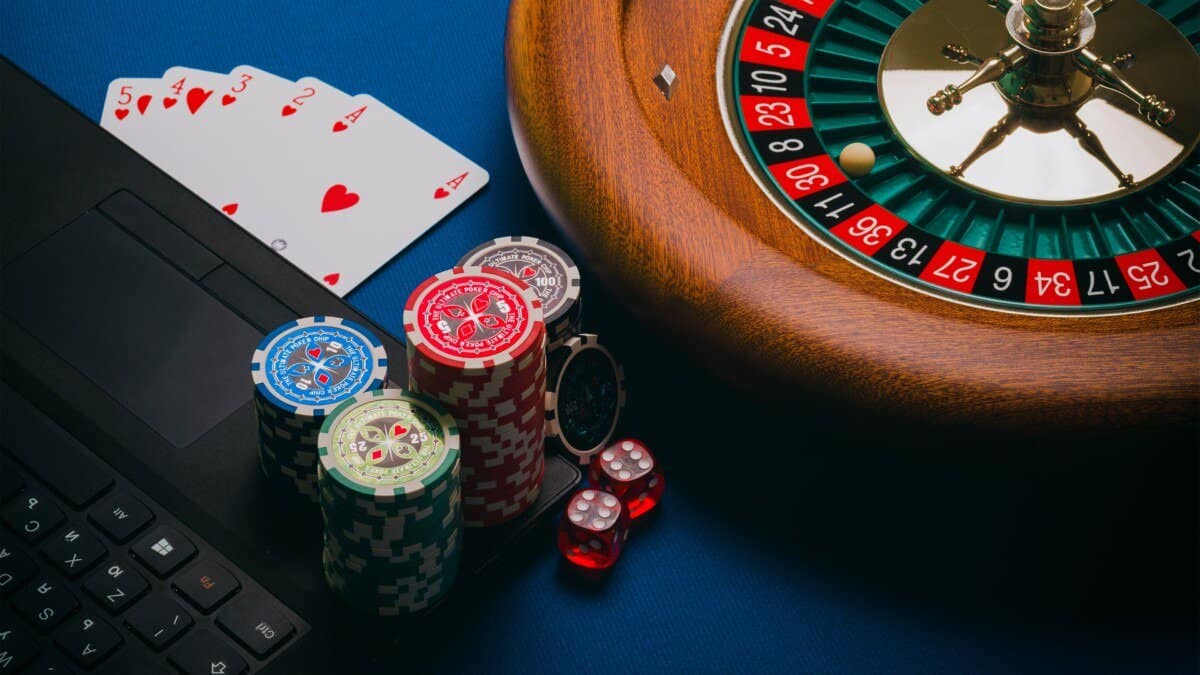GamCare raised concerns around young and gambling

Gambling awareness charity GamCare has released a survey revealing that young people are struggling with problem gambling, with under-18s accounted for 71.5% of all calls to its National Gambling Helpline.
Not aware of when it becomes harmful
GamCare, which operates the National Gambling Helpline, revealed that 20% of under-18s that contacted its services had concerns for family or friends and 8.5% were considered “at-risk” of irresponsible gambling.
The survey also found that 77% who gamble use online operators or conduct the activity through esports betting and ‘social gaming’.
Overall, 71.5% of the 353 young people – that called its helpline in the past year – were under-18s and exposed to gambling problems. The charity later suggests that many of these individuals were unsure of the risks, nor aware of when gambling could become harmful to them.
GamCare believes the harms of gambling should be taught to young people in school and that it should be part of the curriculum.
Scientific explanation
To understand the impact of gambling on a youngster, GamCare conducted a scientific experiment, making a young individual undertaken an MRI scan whilst betting on an online roulette table. The findings showed how the reward pathway in our brain can be a driving force in the decisions we make.
“When you place a bet, the part of the brain that’s most interested are three interconnected areas that make up the core of the reward pathway. The reward pathway is instrumental to every decision we human make, whether deciding what we want for dinner or what kind of bet is most likely to give us a win”, said Neuroscientist Dr Jack Lewis.
It is a Big Deal
To address this, the charity has initiated the website BigDeal, where young people can find support if they are concerned about their gambling habits or the gambling habits of others.
The site also offers sources for parents and those that work with young people, such as teachers and social workers.






